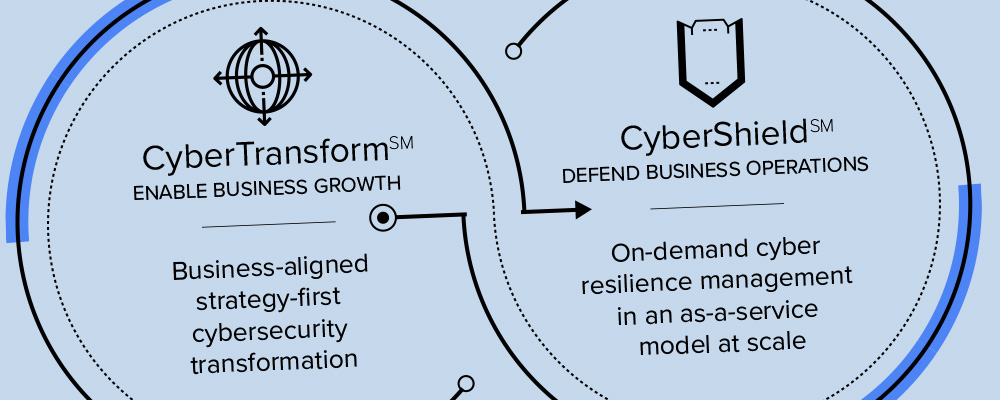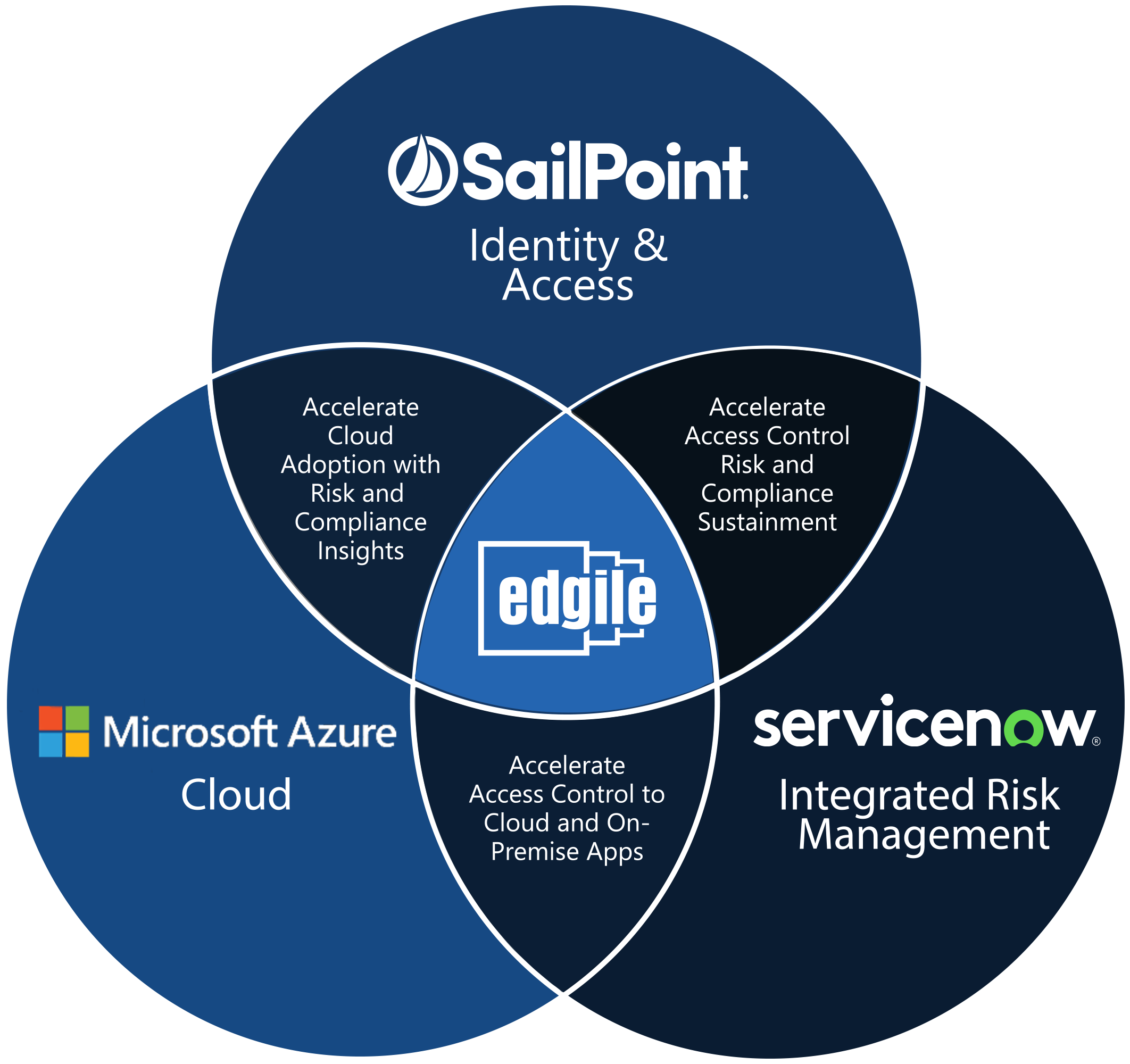Business Issues
Unstructured data, such as emails, presentations and videos, are created and used by employees and are potentially an organization’s greatest security vulnerability. Unstructured data comes in many standard formats, is often highly-sensitive and can easily be disclosed, intentionally or inadvertently, via the click of a mouse. This data is also highly mobile, living in and travelling between laptops and unsecured devices.
Enterprises face an increasing challenge to ensure that this data is protected and secure. In today’s interconnected world, the lines between the enterprise, its partners, suppliers, and the public domain are blurring. Business professionals cross these lines constantly, and they require real-time information access to conduct business with agility and efficiency.
Edgile’s View
Edgile’s comprehensive approach to data protection includes:
Education of the Enterprise – Data Protection is a complex problem creating significant
and growing risk for the enterprise. Solving the problem can result in significant business value while minimizing business risk and brand damage.
Data Protection Strategy and Planning – Create a comprehensive approach to protecting your unstructured data based on user demographics, risk mitigation and creating business value.
Program Execution – Edgile customizes the unstructured data protection program to your organization’s unique risk profile and includes a combination of education, policy, process and technology for optimal solution to prevent, detect and remediate data breaches.
Business Value
Ensuring that all data has the appropriate levels of confidentiality, integrity and accessibility to move across different networks is more important than ever. A strategic program for protecting unstructured data should focus on empowering the knowledge worker with the information he or she needs to perform the job while increasing the organization’s ability to control and manage that ‘free flowing’ data. It also helps organizations meet myriad regulatory directives, both state and federal, such as SOX, PCI, HIPAA, GLBA requirements.















